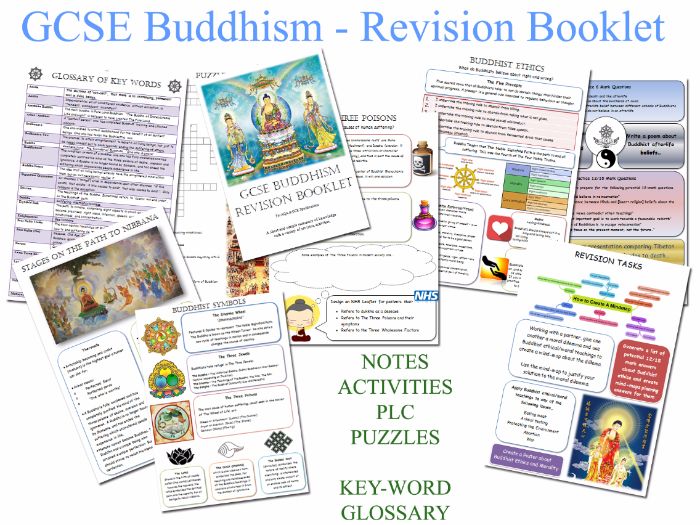Religion, Philosophy, Sociology & Ethics Resource Base
Resources for Religious Studies, Sociology, Philosophy, Ethics and Humanities. We specialise in making whole units and courses for ultimate convenience and time-saving. We always aim to make the best resource for a given topic: our goal is perfection and our resources have helped educate 1 million+ students!

![Crime & Deviance (20 Lessons) [ GCSE Sociology ]](https://d1e4pidl3fu268.cloudfront.net/cfb56889-d2bb-4377-8675-cc34ef17218f/BundleCover.crop_1595x1200_0%2C0.preview.jpg)





](https://d1e4pidl3fu268.cloudfront.net/4e59c58c-57ab-4885-acba-3df1b8594bc1/Lesson20.jpg)


![Social Stratification (20 Lessons) [ GCSE Sociology ] Power & Authority](https://d1e4pidl3fu268.cloudfront.net/2edda67e-6860-475d-a480-90a37645f302/CoverUpdated.crop_1599x1200_0,0.preview.jpg)
![GCSE Hinduism - Lesson 9/20 [Hindu Sacred Texts, Scriptures, Books: Vedas, Mahabharata, Puranas...]](https://d1e4pidl3fu268.cloudfront.net/db887055-110e-4760-81ea-be907750edf2/Cover.jpg)
![Complete KS5 Philosophy Resources for OCR Religious Studies [Over 200 files]](https://d1e4pidl3fu268.cloudfront.net/b79d929e-02a9-45ca-9659-5613059a8990/Untitled1.jpg)

![Sociology of the Family (20 Lessons) WJEC / EDUQAS [ GCSE Sociology ] Families](https://d1e4pidl3fu268.cloudfront.net/4110f931-a019-4a45-b9fe-6257ddc505b8/wjeccovergcsesociology.crop_1595x1200_0,0.preview.jpg)





![Humanism - GCSE Religious Studies - Non-Religious Worldviews [2017 Spec Onwards] [RS, RE, Atheism]](https://d1e4pidl3fu268.cloudfront.net/971793c1-0e55-4d91-bb6a-e04ad0398459/Cover.jpg)
![The PSHE Debate Generator [200+ Debates, Randomisation Feature] (Discussions, form tutor, health)](https://d1e4pidl3fu268.cloudfront.net/ad643919-ae56-4889-ba61-3d4e3bfb0196/Cover.jpg)
![GCSE - Buddhism (AQA) Practice Exam Questions (12 Mark) & Buddhist Quotes /Sayings/Sources [Booklet]](https://d1e4pidl3fu268.cloudfront.net/38c3e5a8-edf8-40f1-bf3e-25ab77099b4c/aqa.jpg)